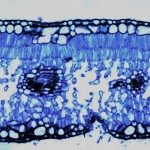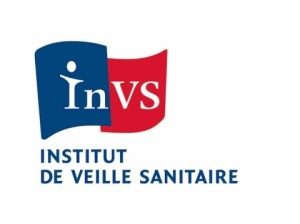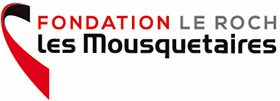Présentation
In 1970, ten years after the beginning of the 7th pandemic (Indonesia, 1961), cholera hit Africa, where it has remained entrenched. Three decades later, the reported incidence of indigenous cholera in sub-Saharan Africa was about 100 times higher than the reported incidence in Asia and >15,000 times higher than the reported incidence in Latin America. The understanding of the transmission routes of cholera to and within Africa is a key factor to get a basic picture of cholera epidemiology and implement efficient control measures. Before the advent of whole-genome sequencing, the tools used were not enough discriminatory to trace this genetically homogeneous bacterium over time and space.
In collaboration with the Bacterial genomics and evolution team at the Wellcome Trust Sanger Institute and other scientists across the World, we carried out a large-scale whole-genome sequencing analysis of more than 1,000 7th pandemic Vibrio cholerae O1 El Tor (7PET) isolates collected in Africa, in the Middle East and in Asia between 1970 and 2014 in order to better understand the introduction routes of cholera to Africa as well as the transmission routes of cholera within Africa.
We showed that multiple new versions of 7PET bacteria have entered Africa since the 1970s. Once introduced, cholera outbreaks follow similar paths when spreading across that continent. The results gave us a sense of where we can target specific regions of Africa for improved surveillance and control.
We also investigated the evolution of antibiotic resistance in cholera and we found that all recent introductions of cholera bacteria into Africa were already resistant to antibiotics. Using the genomic data we were able to track the source of the antibiotic resistance back to South Asia.
This work was published in the journal Science in November 2017 (https://t.co/PhHdfn9kac)
A press release is accessible via this weblink









